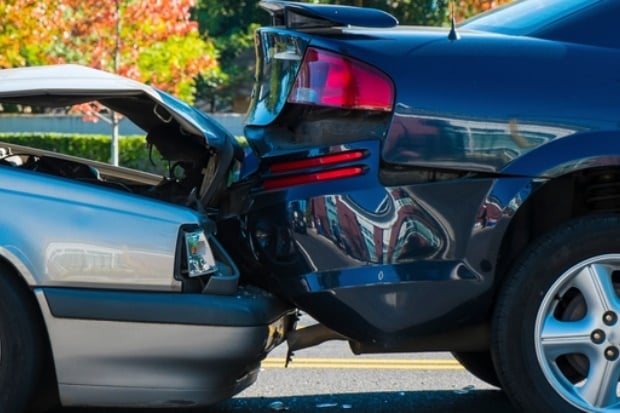
Last year, in a message to South Africans just before Christmas, Deputy President Cyril Ramaphosa said: “One of our major concerns as a nation remains the high number of fatalities arising from road accidents. We therefore call on all road users, to obey the rules of the road. Don’t drink and drive, and please arrive alive.”
Probably the most reckless drivers worldwide are teenage drivers, and no matter how often they are told to drive safely, some might not heed that advice until they are involved in a crash, new research published in a recent issue of the journal Psychological Science suggests.
Drinking and driving
"Statistics indicate that one out of every two teenagers in the average South African home is a user of alcohol," SAB corporate affairs director Vincent Maphai said in a statement. This can be a problem once they get their driver's licences and are tempted to drink and drive.
The Psychological Science research included 254 teens, ages 16 and 17, who were participating in a driving study. Their cars were equipped with cameras and a device to measure acceleration, and researchers analysed their driving habits.
Change for the better
The investigators found that among teens who were involved in a severe collision – defined as "police-reportable" and causing major damage, airbag deployment, injury or a rollover – there was an immediate change in their driving habits.
Rapid acceleration – a sign of risky driving – dropped by 34%, the findings showed.
After about two months, instances of rapid acceleration tended to rise again, but stayed below pre-crash levels, according to the study.
Once bitten, twice shy
The findings suggest that being in a serious crash may prompt teens to drive more safely, the study authors said in a journal news release.
"Crashes are not a good thing and every driver should try their best to avoid having one. But our research did uncover a positive aspect to an otherwise negative occurrence," said lead researcher Fearghal O'Brien. He is a lecturer at the National College of Ireland and conducted the study as a postdoctoral fellow at the US National Institutes of Health.
"Our data showed that elevated acceleration events – including rapid turns, stops and other aggressive manoeuvring – were higher among those who later crashed compared to those who did not. But these rates declined for at least two months following a crash, indicating safer driving behaviour," O'Brien reported.
The improvement began within days, he noted. "The finding suggests that young drivers learn from the feedback from a crash," he added.
More research is needed to find out how long the changes last and to develop "safer ways to get them [teens] to correct their risky driving behaviours," he said.
Read More:
Missing two hours of sleep can double chances of car crash




 Publications
Publications
 Partners
Partners











